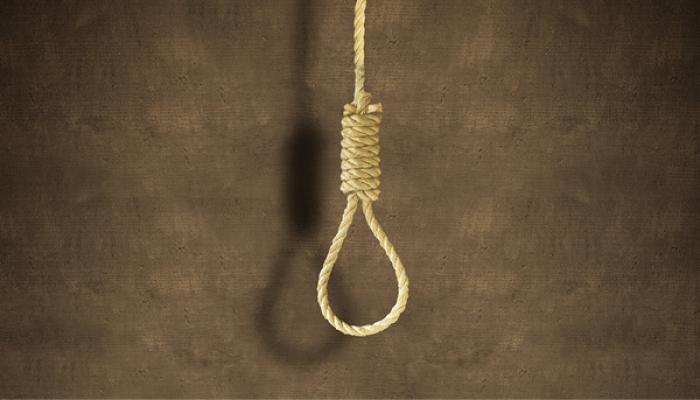
4.41 Will you go to hell if you kill yourself?
It is very sad when someone feels compelled to commit suicide, the ultimate act of desperation. It is very wrong to end your own life. Instead of protecting the life you received from God, you end it and commit a serious sin. However, only God knows the deepest reasons that caused someone to commit this act. In almost all cases, the person cannot be held fully accountable.
God loves this person too, despite his or her terrible act of desperation. Above all, we can trust in God’s love and mercy, and ask him in prayer to reserve a place in heaven for this person. At the same time, this shows how important it is to support people who have suicidal thoughts, to help them realise the value of life, which we should protect under all circumstances.
If you are struggling with this issue or know someone who is, get help through a lifeline.
What is forbidden by the fifth commandment?
The fifth commandment forbids as gravely contrary to the moral law:
- direct and intentional murder and cooperation in it;
- direct abortion, willed as an end or as means, as well as cooperation in it. Attached to this sin is the penalty of excommunication because, from the moment of his or her conception, the human being must be absolutely respected and protected in his integrity;
- direct euthanasia which consists in putting an end to the life of the handicapped, the sick, or those near death by an act or by the omission of a required action;
- suicide and voluntary cooperation in it, insofar as it is a grave offense against the just love of God, of self, and of neighbor. One’s responsibility may be aggravated by the scandal given; one who is psychologically disturbed or is experiencing grave fear may have diminished responsibility.
[CCCC 470]
What sorts of attacks on human life are forbidden by the Fifth Commandment?
Murder and acting as an accomplice to murder are forbidden. Killing unarmed civilians during a war is forbidden. The abortion of a human being, from the moment of conception on, is forbidden. Suicide, self-mutilation, and self-destructive behavior are forbidden. Euthanasia—killing the handicapped, the sick, and the dying—is also forbidden.
Today people often try to get around the Fifth Commandment with seemingly humane arguments. But neither euthanasia nor abortion is a humane solution. That is why the Church is perfectly clear on these questions. Whoever participates in an abortion, forces a woman to undergo an abortion, or merely advises her to do so is automatically excommunicated—just as with other crimes against human life. If a psychologically ill person commits suicide, responsibility for the act of killing is often diminished and in many cases comly annulled. [Youcat 379]
How many sad people, how many sad people without hope! Think too of the many young people who after trying out so many things, fail to find a meaning for life and opt for suicide as a solution. Do you know how many young people commit suicide in the world today? A large number. Why? They have no hope. They have tried so many things and society, which is cruel — it is cruel! — cannot give you hope. Hope is like grace: it cannot be bought, it is a gift of God. We must offer Christian hope with our witness, our freedom and our joy. The present offered by the God of grace gives hope. [Pope Francis, Address, 17 June 2013]





